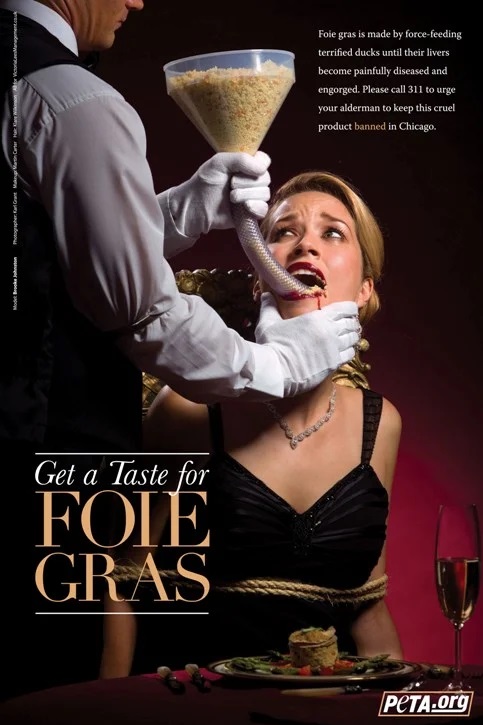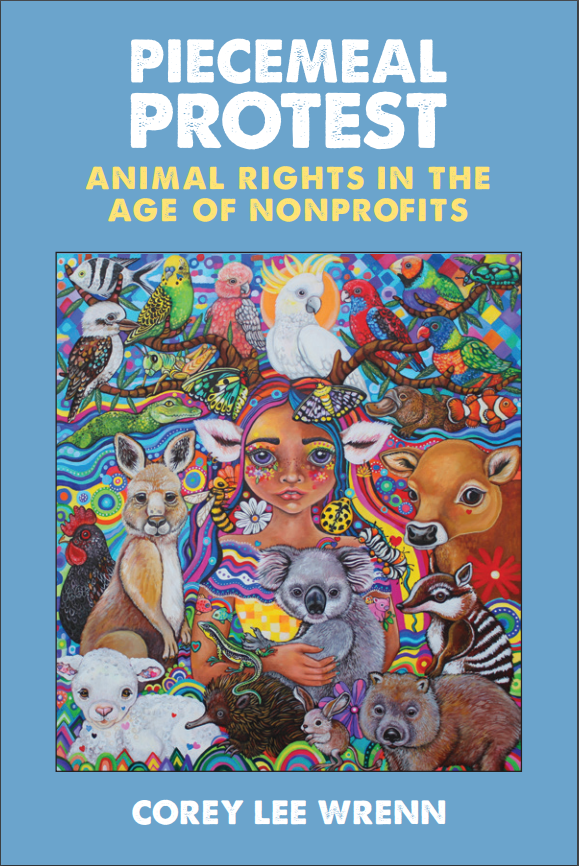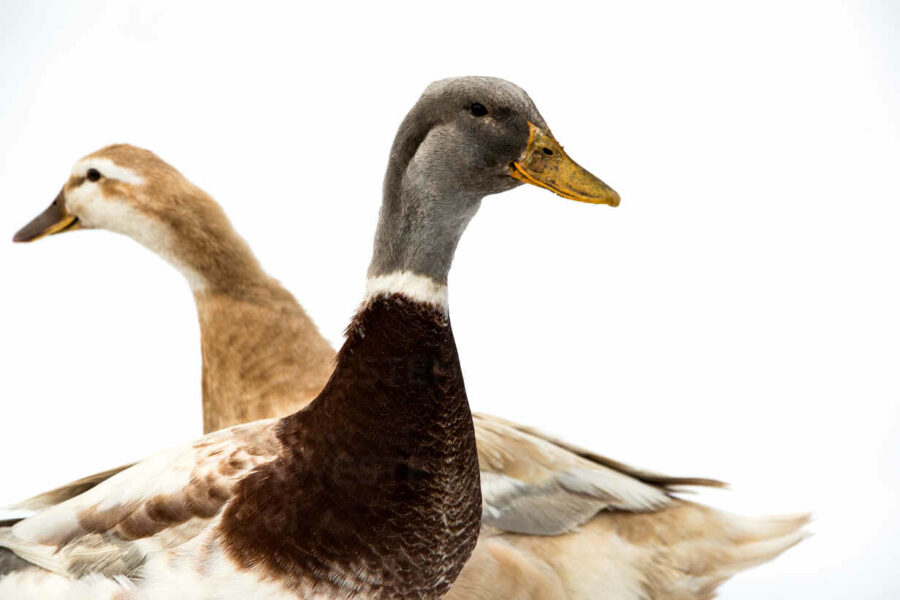In my chapter, “Sexism in Animal Activism: The Foie Gras Campaigns” published in The Routledge Companion to Gender and Animals, I explore the curious case of using women as symbolic representations as perpetrator and victim in anti-foie gras campaigns typical of the United States, United Kingdom, and Europe. In short, foie gras victims are usually male, and both women and men are involved in victimizing them as producers and as consumers, but, because patriarchal, woman-hating culture is most accustomed to viewing women as frivilous consumers and sexy victims of violence, the Nonhuman Animal rights movement regularly employs female activists to take on these convoluted roles in protest.
The production of “foie gras” is highly gendered, reflecting patriarchal norms of institutionalized male dominance, control, and consumption of feminized, objectified beings. As is the case with other animal “farming” atrocities, the foie gras industry is predominantly male-owned and highly masculinized, particularly with its rationalized, emotion- and pain-denying, commodifying, throat-stuffing approach to speciesism. This is only amplified by its reliance on feminized immigrant and precarious labor, which entangles the domination of vulnerable humans and nonhumans alike.
Although their livers are sexualized as a decadent, sensual, and almost taboo treat for the privileged diner to lustfully consume, the ducks and gooses who are victimized in this industry tend to be male. Yet, anti-speciesist activists have typically relied on female activists to act as proxies for nonhuman victims in campaigning. The choice to use women’s bodies in foie gras protest does not align with the biological reality of the speciesist industry in question: the victims are usually male, and, for that matter, foie gras production in the West often employs women to conduct the force-feeding. Using female activists as proxies does, however, align with the ideological reality of sexism and speciesism as entangled opppressions and the shared subjugated status both groups suffer.

Activists are also unclear on the patriarchal source of oppression. For instance, while some campaigns depict men (sometimes disembodied with only their hands and arms visible) holding down or choking women who are supposed to represent ducks and gooses, women are simultaneously depicted as the guilty diners responsible for supporting foie gras through their self-centered consumption. Women’s self-indulgence and a failure to practice selflessness for others has long been considered a violation of the feminine gender role. The punishment depicted in this protest imagery is designed to fit the crime by sentencing the women to meet the same fate as the ducks and gooses. Men’s responsibility for creating, steering, and sustaining the industry goes largely unexamined.
Foie gras campaigning provides powerful insight into the sexist assumptions that permeate anti-speciesist repertoires and activist culture. Using women as proxies for other animals is not done to demonstrate to the public how things “really are.” Rather, sexualized violence against women’s bodies is a familiar script to both activists and the public; the aim is to align protest frames with widespread cultural understandings. Blaming and shaming women for the ills of the world is a trope that activists seem to exploit with hopes of resonance in a sexist society (and this tactic likely reflects sexist beliefs within the movement as well). Furthermore, this sexist imagery is frequently sexualized, predictably so given the increasing pornification of modern society and the marketplace.
This adoption of sexist scripts in anti-speciesism is a clear case of intersectional failure. If the sexualized objectification of Nonhuman Animals is to be challenged, this cannot be done successfully if the Nonhuman Animal rights movement uncritically persists in the vilification and sexualized objectification of women. Patriarchy and capitalism must be disrupted, not reinforced. Foie gras ducks and gooses cannot be liberated so long as the same ideological mechanisms are bulwarked in advocacy spaces.
Read the full article here.
 Readers can learn more about the social movement politics of Nonhuman Animal rights and veganism in my 2019 publication, Piecemeal Protest: Animal Rights in the Age of Nonprofits. The beautiful cover art for this text was created by vegan artist Lynda Bell and prints are available on her website, artbylyndabell.com.
Readers can learn more about the social movement politics of Nonhuman Animal rights and veganism in my 2019 publication, Piecemeal Protest: Animal Rights in the Age of Nonprofits. The beautiful cover art for this text was created by vegan artist Lynda Bell and prints are available on her website, artbylyndabell.com.
Receive research updates straight to your inbox by subscribing to my newsletter.
